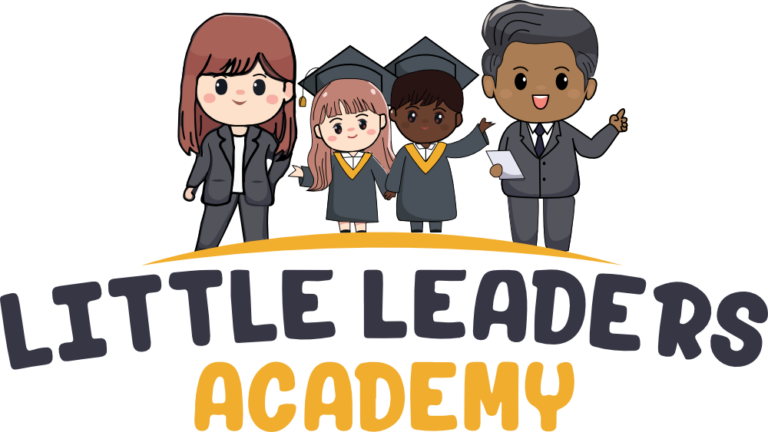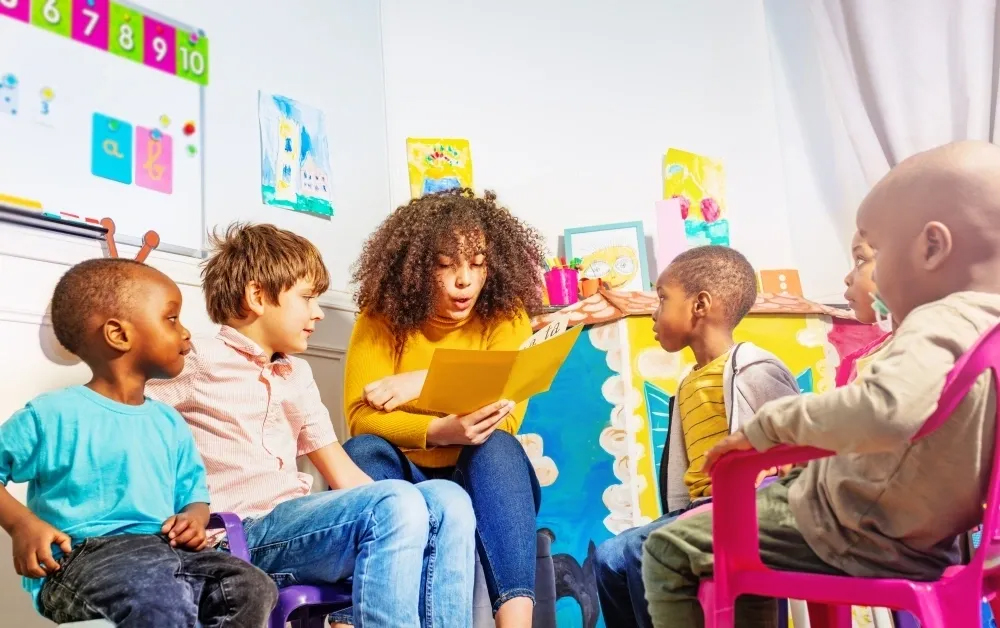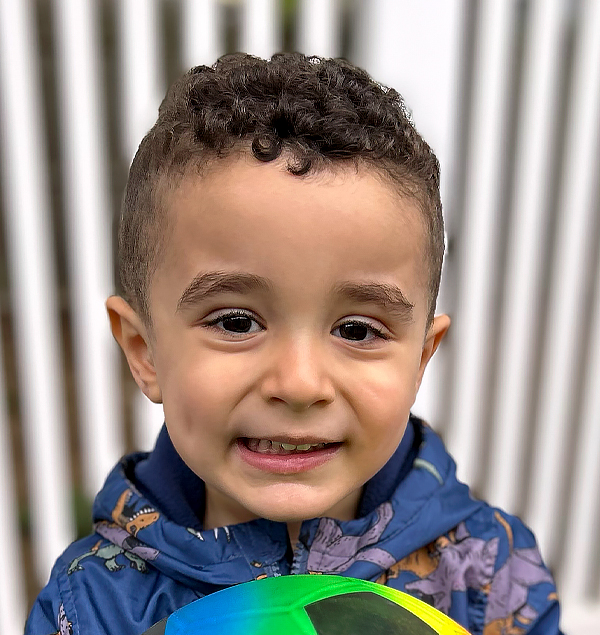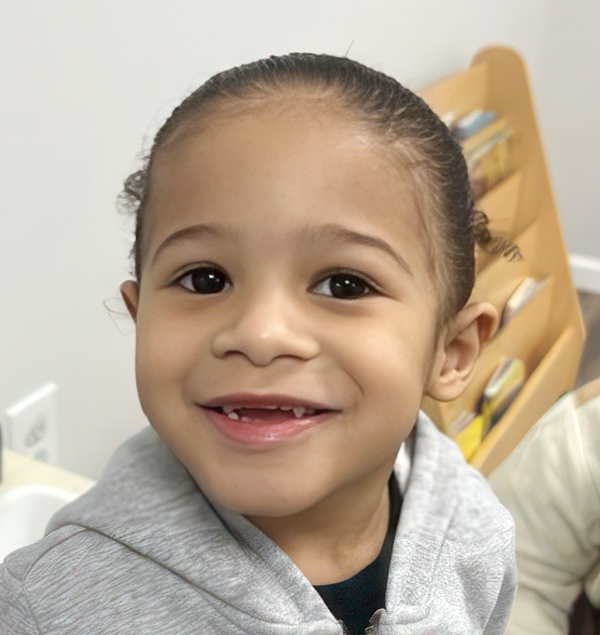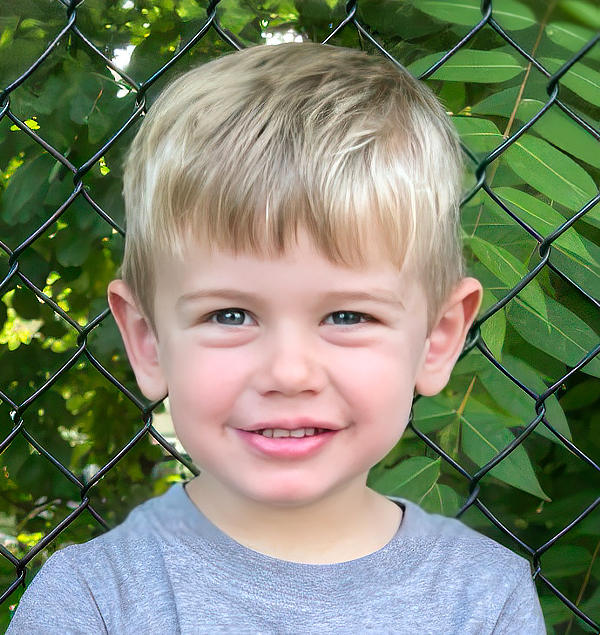In today’s rapidly evolving educational landscape, where technology and innovation play a prominent role, it’s essential not to overlook the enduring value of traditional learning styles for children. These timeless methods, such as storytelling, hands-on activities, and mentorship, have been at the heart of educational practices for generations. Even a well-established day care center in New Jersey understands the significance of incorporating these traditional approaches into its curriculum.
Traditional learning starts with the power of storytelling, a fundamental tool that sparks imagination and nurtures language skills. It’s not uncommon to find a reputable day care in New Jersey incorporating storytelling sessions into their daily routines, where children eagerly engage with tales that captivate their young minds.
As children progress in their educational journey, they often benefit from hands-on learning experiences that traditional methods advocate. Daycare centers recognize the value of crafts, experiments, and interactive activities as they foster a deeper understanding of concepts and promote critical thinking. These hands-on activities contribute significantly to the development of young learners in leadership skills in New Jersey.
Moreover, mentorship remains a cornerstone of traditional learning. Daycare centers embrace the mentorship model, allowing children to learn from experienced educators and older peers, cultivating not only academic knowledge but also valuable life skills. This approach is invaluable for emotional development, as it helps children build confidence and resilience.
To learn how we incorporate these traditional learning styles into our curriculum, please don’t hesitate to reach out to us at LITTLE LEADERS ACADEMY. We’re here to help your child thrive through time-tested educational methods. Contact us today to explore the enriching educational opportunities we offer!
